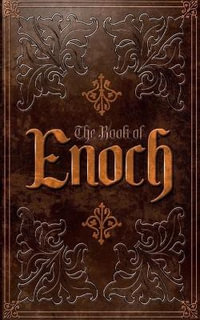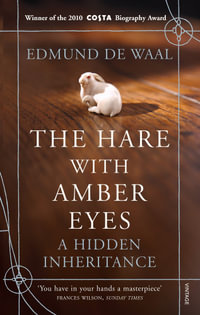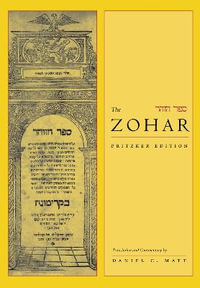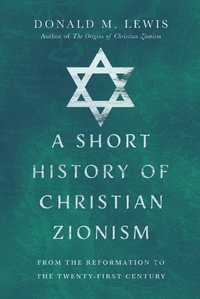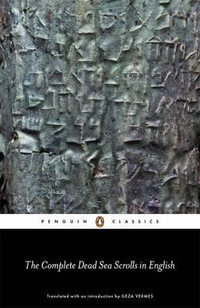Once upon a time, a very long time ago, a tribe faced life and death. Their conqueror demanded the people bow down to his pagan idols. This tribe of Semitic peoples always lived by the law of the land they were in. But this they could not do.
For these tribes of Hebrews lived by the word of one God, as understood thousands of years earlier on Mt. Sinai. This God, who had neither face nor name, breathed commandments into their collective souls. One of the bedrock 10 commandments prohibited the worship of idols. Should this tribe bow down to a conqueror's idol so that they could live? Or should the Jewish people resist, preserving their tribal soul, but risking survival?
One band of Jews refused to bend their knees to the idol. Led by Judah and the Maccabees, they rose up against the Seleucid king and reclaimed their temple. This minor military victory 2,100 years ago - the first recorded battle fought over religious freedom - became a tribal holiday called Hanukkah. It is a celebration for all people who refuse to betray themselves.
Over the years, Hanukkah traditions evolved. One was the giving of money to children, who would then give a portion to the needy. Another tradition involved the giving of the written word. ``It was a custom in the old days to give books on Hanukkah,' said Rabbi Joel Schwab of Temple Sinai in Middletown.
It made sense. The Jews, forced to flee to far corners of the earth, were unified and preserved by the written word. In America, Jews enjoyed religious freedoms unheard of in their history. In their drive for assimilation, Hanukkah became ``the Jewish Christmas.' There was the Hanukkah bush, Hanukkah stockings and an orgy of lavish gift-buying. These were the bitter Hanukkah ironies. The holiday celebrating the rejection of false idols found American Jews bowing before the idol of consumerism. The holiday rejecting assimilation found American Jews mimicking the holiday of the dominant religion.
Recently, though, Jews have begun to reclaim Hanukkah. A Jewish renewal is spreading across America among Reform, Conservative and Orthodox Jews. Synagogue attendance is up. A conference in New York City this month sponsored by the Jewish Renewal movement (see sidebar) brought an overflow crowd of 2,000 people. Many baby-boomer Jews who abandoned religious involvement in their earlier years are finding that middle age brings them back to Judaism in a search for answers.
This year Hanukkah shows up early on the modern calendar. The first night begins Sunday, Nov. 27, nearly a month before Christmas. This gives it room to breathe and assert its own identity. Perhaps then it is time to go back to the tradition of Jewish book-giving for Hanukkah. After all, Jews have historically been called the people of the Book. Sales of Judaica books have taken off over the past 10 years with new publishing houses springing up like fig trees in the Negev desert.
The books have also attracted an audience among Christians, who are enriching their own beliefs by taking a second look at their Jewish roots. What follows on pages 4-5 is a sampling of some of the best books available. The list is by no means comprehensive, but a starting point in a search for your own Jewish book life.

